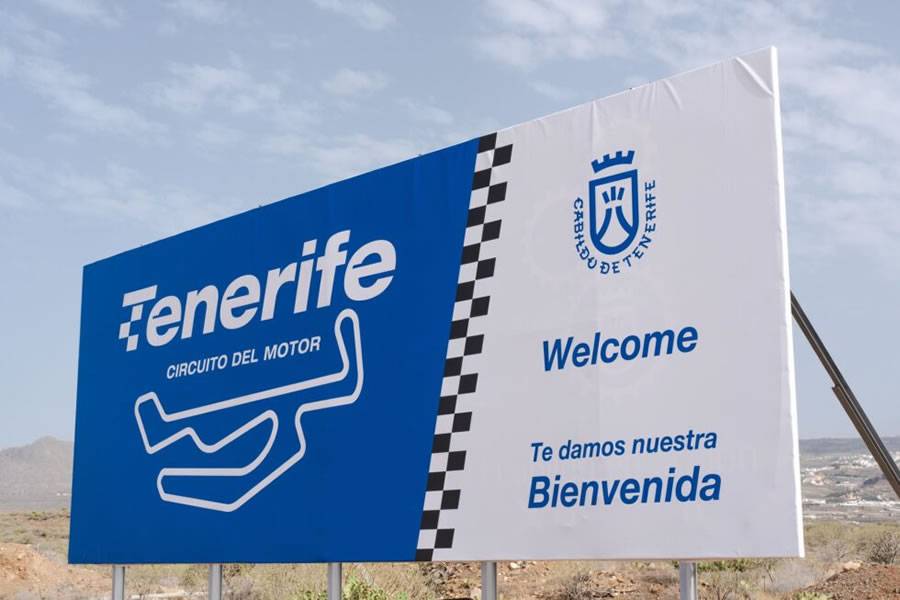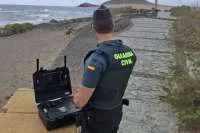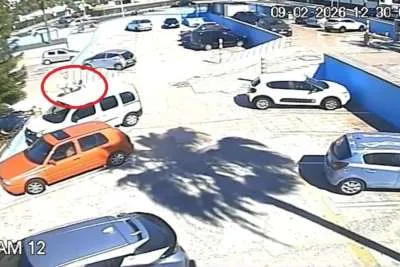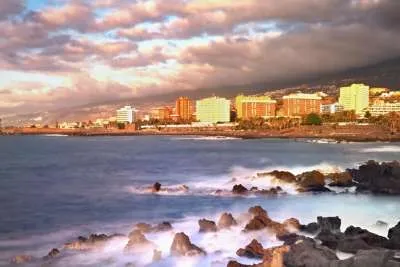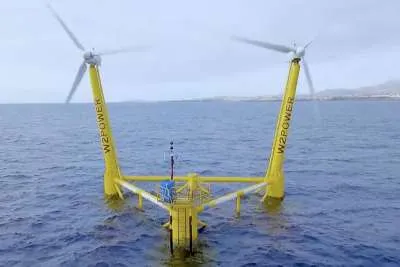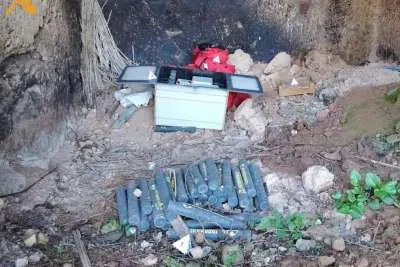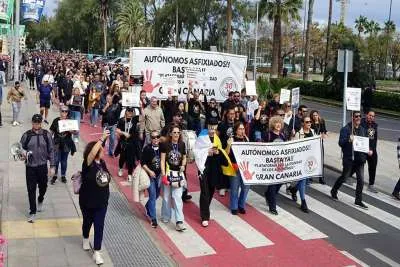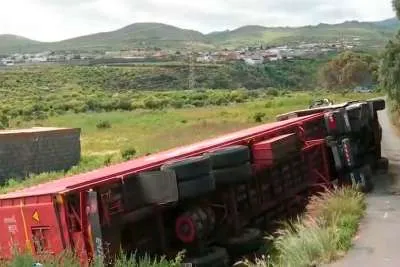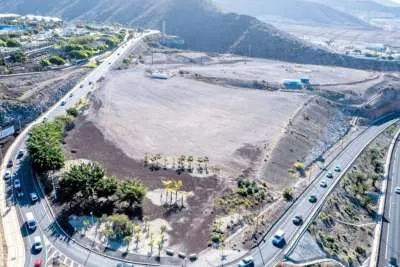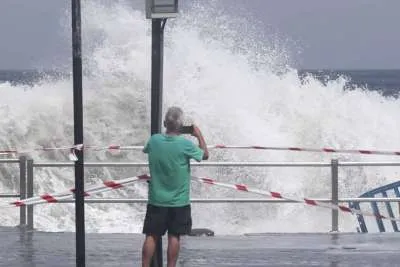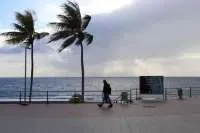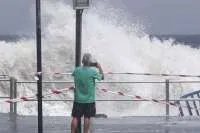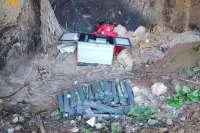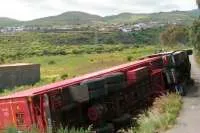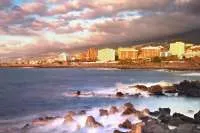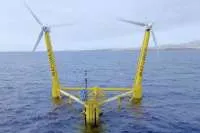New legal blow to Tenerife’s Motor Racing Circuit as court rules environmental authorisation has expired
- 14-04-2025
- Tenerife
- Canarian Weekly
- Photo Credit: Cabildo de Tenerife
The controversial Motor Racing Circuit project in Granadilla, Tenerife, has suffered another setback after a ruling by the Administrative Court No. 3 of Santa Cruz de Tenerife declaring that the project's Environmental Impact Declaration (EID) is no longer valid, reinforcing claims by environmental groups that the development lacks legal and environmental legitimacy.
The ruling, welcomed by the Asociación Tinerfeña de Amigos de la Naturaleza (ATAN), concludes that construction works tied to the project failed to commence within the legally mandated time frame. According to the court, initial earthworks and vegetation clearance carried out before November 2016 were deemed “minimal, non-structural, and insufficient” to constitute the legal start of the project. ATAN labelled these actions a mere "charade" designed to give the illusion of progress.
This is the second court ruling against the circuit, following an earlier finding by the regional ombudsman, who stated that the project was greenlit using an expired environmental assessment. A separate ruling had previously favoured the project, leaving the initiative in legal limbo while awaiting a final verdict from the Canary Islands’ High Court of Justice.
Despite the court's findings, construction is reportedly ongoing at the site. ATAN has condemned this as an “alarming and irresponsible” move by the island’s authorities, accusing them of wilfully ignoring legal decisions and facilitating environmental destruction in southern Tenerife. The group also criticised the island's political leadership, specifically targeting the president of the Cabildo, Rosa Dávila, for what they describe as “institutional complicity in the pillaging of natural territory.”
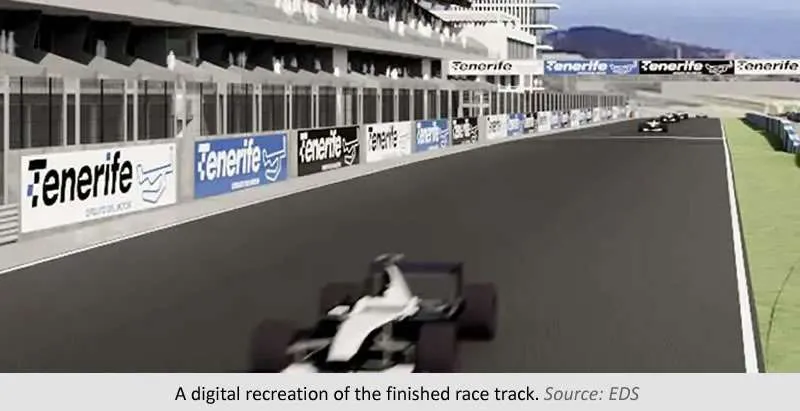
In a strongly worded statement, the environmental organisation warned that the ongoing works are not only “environmentally unsustainable” but “socially unjustifiable,” calling the project outdated and harmful. They also vowed to intensify public protest and legal action, stressing that the protection of Tenerife’s natural spaces is not optional but a “legal and moral imperative.”
ATAN claims the circuit exemplifies the broader environmental degradation and lack of institutional care plaguing the island. “This sentence reaffirms that defending our land is not a whim — it is the law,” the group declared, urging the immediate and permanent cancellation of the project.
In response to the ruling, Cabildo President Rosa Dávila reaffirmed the administration’s stance. Speaking at a press conference, Dávila insisted that the regional development programme supporting the project remains “in force indefinitely” and continues to justify the current works. She acknowledged that the legal proceedings have produced conflicting rulings and stated that the Cabildo is awaiting a final judgment from the Canary Islands’ High Court.
As tensions escalate between environmental campaigners and local authorities, the fate of the Tenerife Race Track remains uncertain, caught between competing legal interpretations and mounting public pressure.
Other articles that may interest you...
Trending
Most Read Articles
Featured Videos
TributoFest: Michael Buble promo 14.02.2026
- 30-01-2026
TEAs 2025 Highlights
- 17-11-2025


